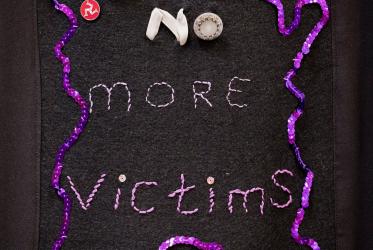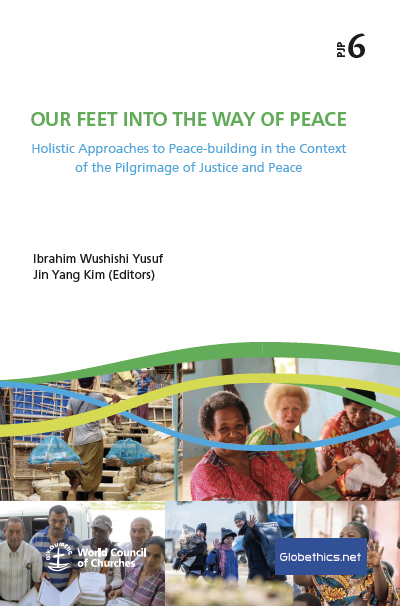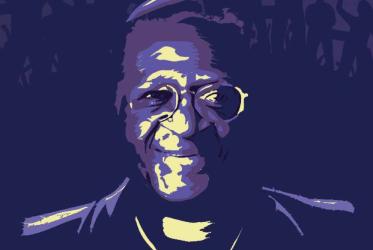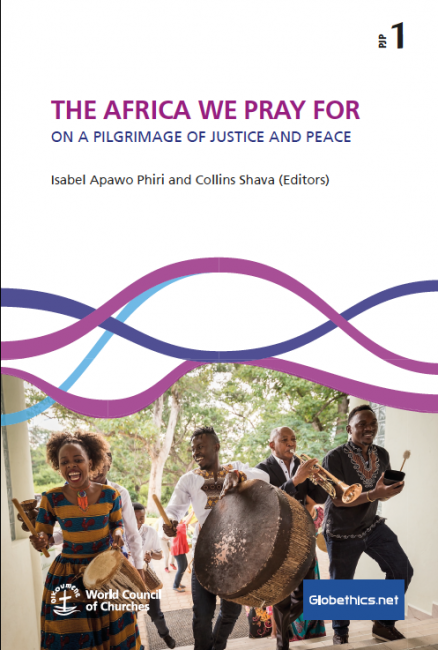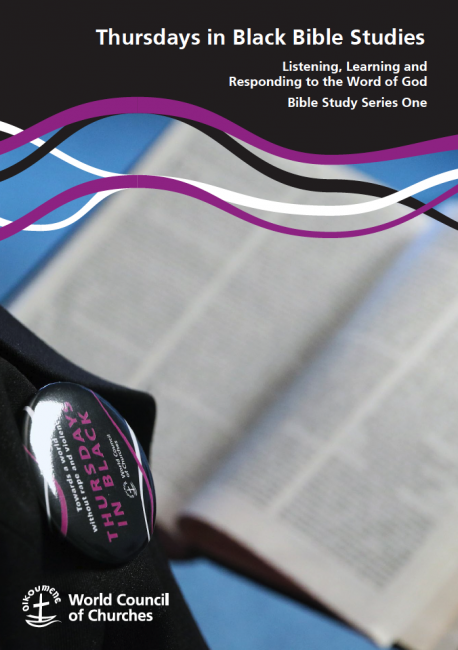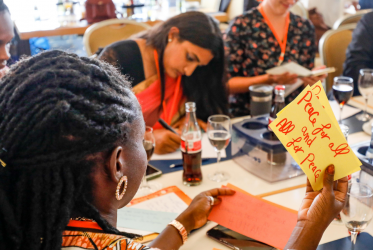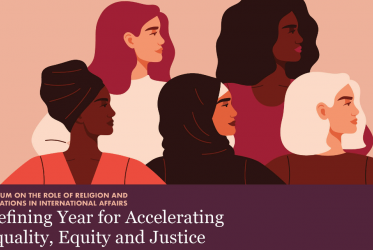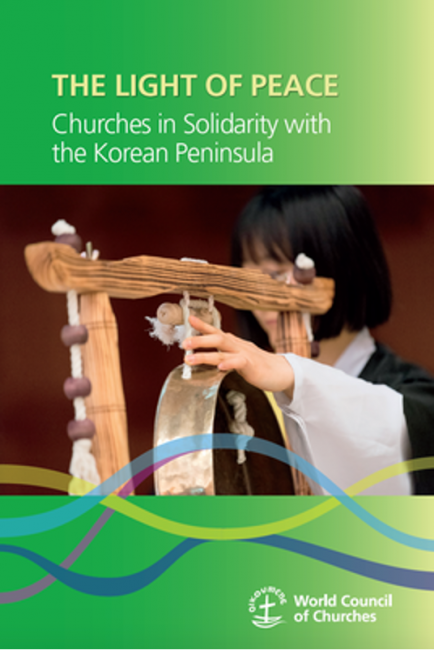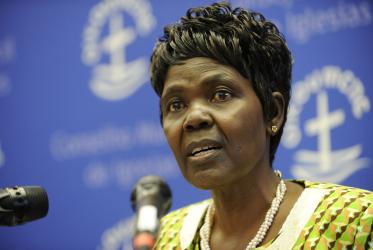Displaying 1 - 20 of 69
Ahead of Her Time
Pan-African Women of Faith and the Vision of Christian Unity, Mission, and Justice
01 November 2023
Seek Peace and Pursue It: PJP Series 4
Reflections on the Pilgrimage of Justice and Peace in Europe
22 August 2022
Our Feet into the Way of Peace: PJP Series 6
Holistic Approaches to Peace-building in the Context of the Pilgrimage of Justice and Peace
19 August 2022
Hate Speech and Whiteness: PJP Series 5
Theological Reflections on the Journey Toward Racial Justice
19 August 2022
Towards an Ecumenical Theology of Companionship: PJP Series 3
A Study Document for the Ecumenical Pilgrimage of Justice and Peace
19 August 2022
Tutu’s legacy: A Zoom panel celebrating “the Arch”
03 February 2022
Thursdays in Black Bible Studies Series 1
Listening, Learning and Responding to the Word of God
21 October 2021
Dr Abuom reflects on women of faith as healers of creation
05 October 2021
Healing Together
A Facilitator’s Resource for Ecumenical Faith and Community-Based Counselling
15 October 2020
South Sudan Church leaders welcome new cabinet
15 March 2020
